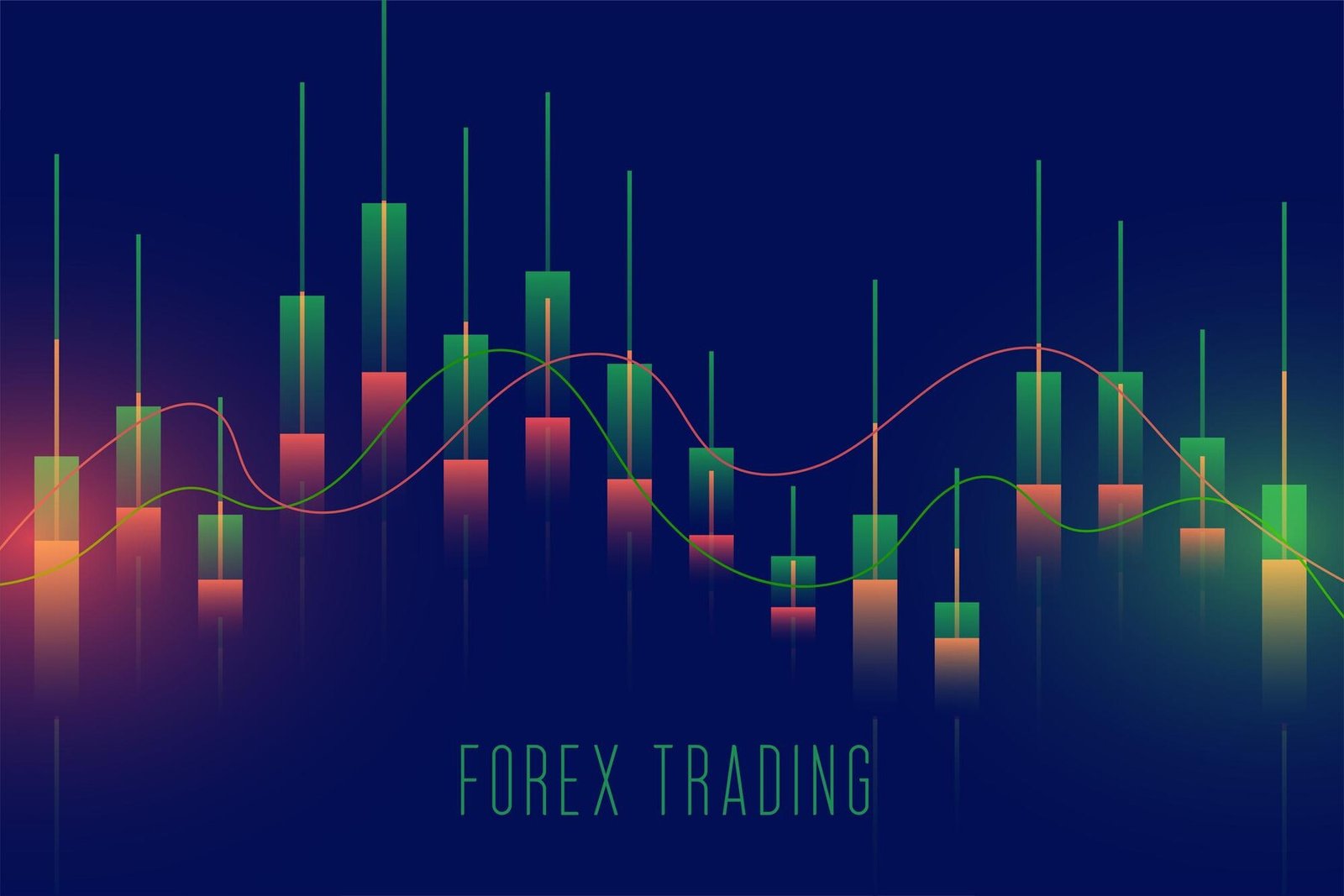The foreign exchange (forex) market is the largest financial market in the world, with trillions of dollars traded daily. Behind this vast ecosystem are various key players, each fulfilling crucial roles that contribute to the market’s liquidity, efficiency, and functionality. Let’s delve into who these key players are and the roles they play in shaping the forex landscape:
1. Central Banks:
Central banks, such as the Federal Reserve (Fed) in the United States, the European Central Bank (ECB), and the Bank of Japan (BoJ), wield significant influence in the forex market. They are responsible for setting monetary policy, including interest rates, which directly impact currency values. Central banks also engage in currency interventions to stabilize exchange rates or achieve specific economic objectives.
2. Commercial Banks:
Commercial banks are the primary liquidity providers in the forex market. They facilitate currency transactions for businesses, institutions, and individuals. These banks engage in speculative trading, hedging, and market-making activities, contributing to market liquidity. Major banks like JPMorgan Chase, Deutsche Bank, and Citigroup dominate forex trading.
3. Investment Firms and Hedge Funds:
Investment firms and hedge funds participate in forex trading to generate profits for their clients and investors. They employ various trading strategies, including algorithmic trading and macroeconomic analysis, to exploit currency fluctuations. Hedge funds, in particular, are known for their speculative trading activities, which can influence short-term market movements.
4. Multinational Corporations:
Multinational corporations (MNCs) engage in forex markets to manage currency risks associated with international trade and investment. These companies often use derivatives like forwards, options, and futures to hedge against adverse exchange rate movements. MNCs’ large-scale currency transactions can impact supply and demand dynamics in the forex market.
5. Retail Traders:
Retail traders, including individual investors and small-scale speculators, play a significant role in the forex market. With the advent of online trading platforms, retail participation has surged in recent years. While retail traders may lack the resources of institutional players, their collective actions can influence short-term price movements, especially in less liquid currency pairs.
6. Governments and Sovereign Wealth Funds:
Governments and sovereign wealth funds participate in forex markets to manage their foreign exchange reserves and sovereign wealth portfolios. They may engage in currency interventions to support domestic currencies or diversify their reserve holdings. Sovereign wealth funds, funded by commodity exports or government surpluses, often invest in foreign assets, impacting currency markets.
7. Brokerage Firms and Trading Platforms:
Brokerage firms and online trading platforms act as intermediaries, connecting market participants and facilitating currency trading. These entities offer access to leverage, advanced trading tools, and market analysis, catering to both institutional and retail clients. Popular forex brokers include FXCM, OANDA, and Interactive Brokers.


